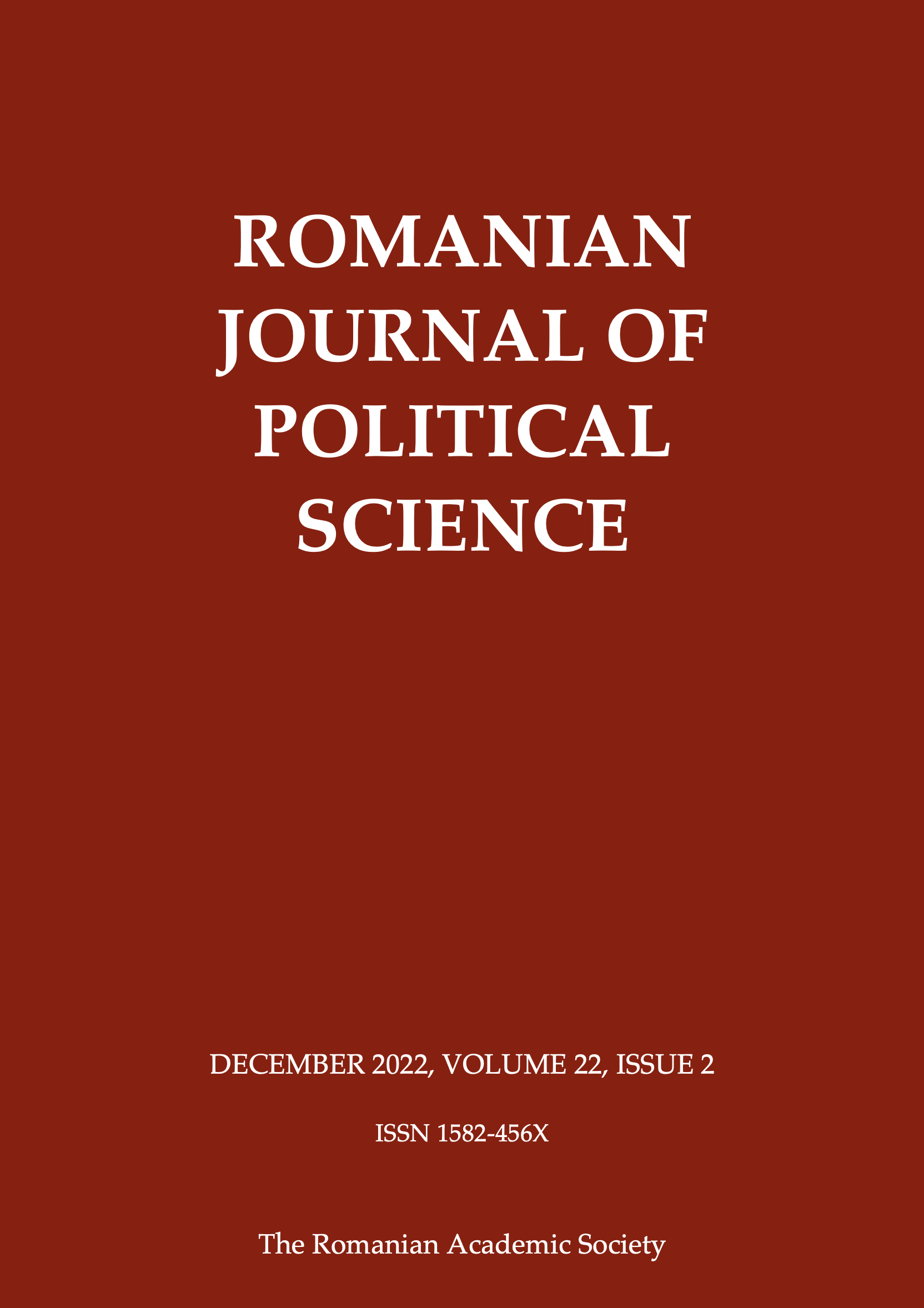Why do bad laws get adopted? The case of the anti-corruption law in Bulgaria
Why do bad laws get adopted? The case of the anti-corruption law in Bulgaria
Author(s): Kristina TsabalaContributor(s): Claudiu D. Tufiş (Editor)
Subject(s): Governance, Government/Political systems, Corruption - Transparency - Anti-Corruption
Published by: Societatea Academică Română (SAR)
Keywords: anti-corruption; legislature; political party; law-making; national assembly;
Summary/Abstract: This study explains the approval of the Anti-Corruption and Illegal Assets Forfeiture (ACIAF) Act in the Bulgarian Parliament despite the controversies entailed in this reform. This study unravels the black box of the policy process in Bulgaria and provides an overview of how laws are adopted, especially when personal interests are vested in them. By analyzing the policy process that spans from October 2017 to January 2018, it delineates the timing of key decisions and sees whether they took place informally outside of the public political stage. Thus, it sheds light on the personal motivations, party motivations, and expertise-based motivations that led to the creation of the legal mechanisms of the CACIAF.
Journal: Romanian Journal of Political Sciences
- Issue Year: 22/2022
- Issue No: 2
- Page Range: 19-38
- Page Count: 20
- Language: English
- Content File-PDF

